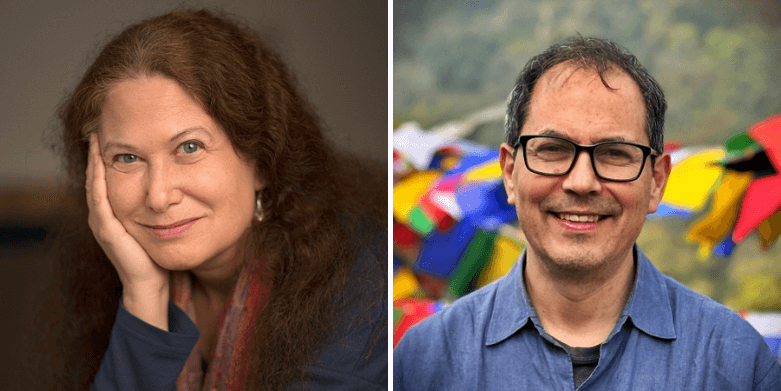Jane Hirshfield, one of America’s foremost poets, is also a long-time Buddhist practitioner. For Hirshfield, who lived for years at a Zen practice center, the attention cultivated through reading and writing poetry is itself a meditative practice. As a poet practitioner, she follows in a long tradition of Buddhists who have turned to poetry to express their experience and wisdom and to help others along the path. We see this already in the Therīgāthā and Theragāthā, songs of insight, aspiration, and loss composed by the early generations of Buddhist monastics that were included in the Pāli Canon. Buddhist philosophers such as Nāgārjuna, who wrote sophisticated rational treatises, also often wrote poetry expressing their sense of devotion and wonder that moves their readers beyond the limits of reason. Poetry was at the heart of much East Asian Buddhism, where the beautiful play of language was cultivated as a practice. Today, Buddhist poets in Asia and the West, including Hirshfield, have become some of our most skillful teachers, inspiring us on the path, presenting objects of meditation, revelation, and beauty.
